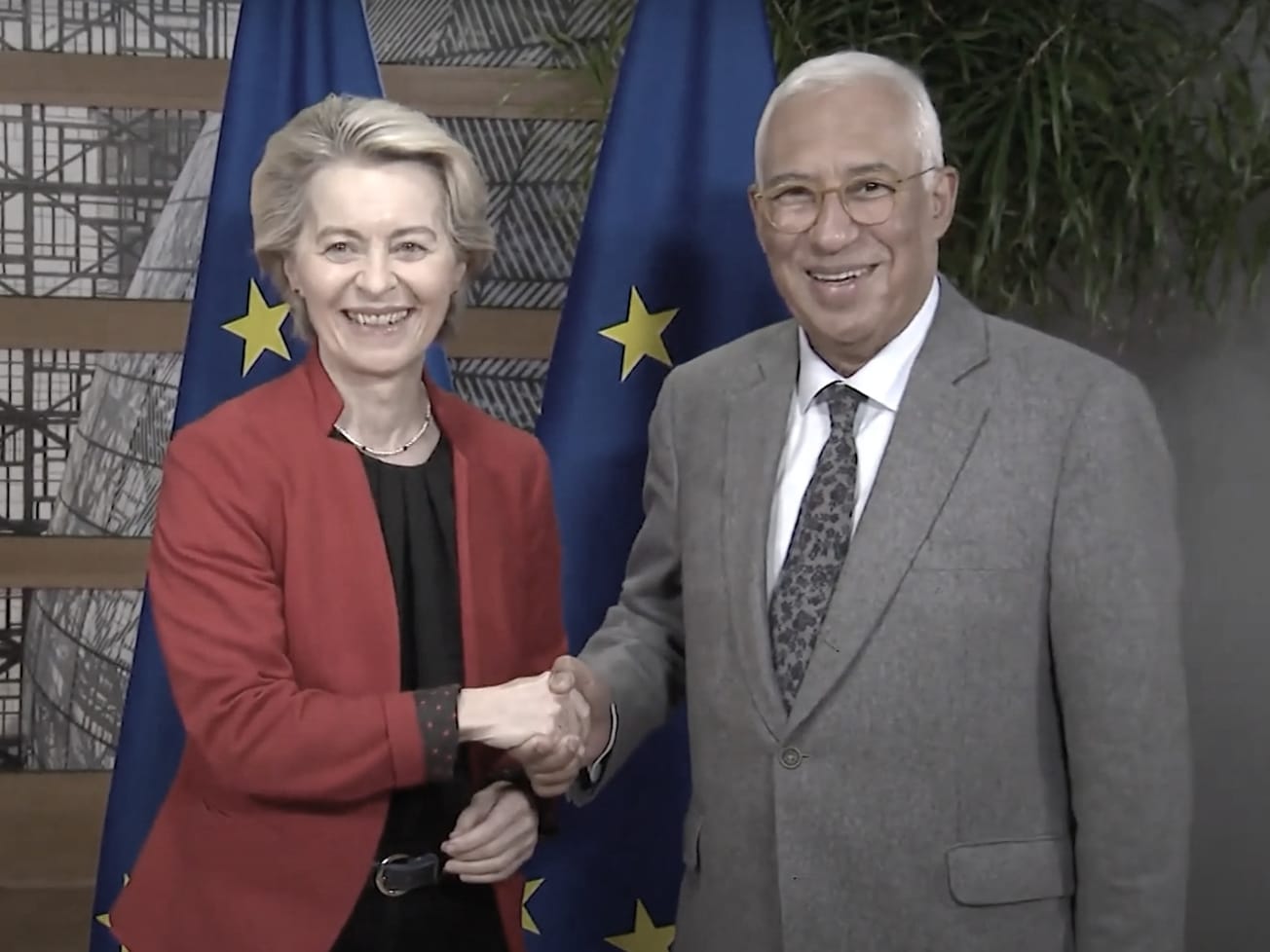The International Court of Justice ruled on Friday it has jurisdiction to settle a border dispute going back more than a century to colonial-era claims over a resources-rich jungle region between Guyana and Venezuela.
Justices decided on a 12-4 vote they can hear Guyana's 2018 request for them to intervene and examine how an international tribunal drew up the border between the two South American nations in 1899. Guyana argues the 121-year-old arbitration decision is valid, but Venezuela refuses to abide by it.









